
'Successful' surgery for Madrid keeper Courtois
Real Madrid goalkeeper Thibaut Courtois has had "successful" surgery on a knee injury he picked up in pre-season, the club...
2023-08-17 19:50
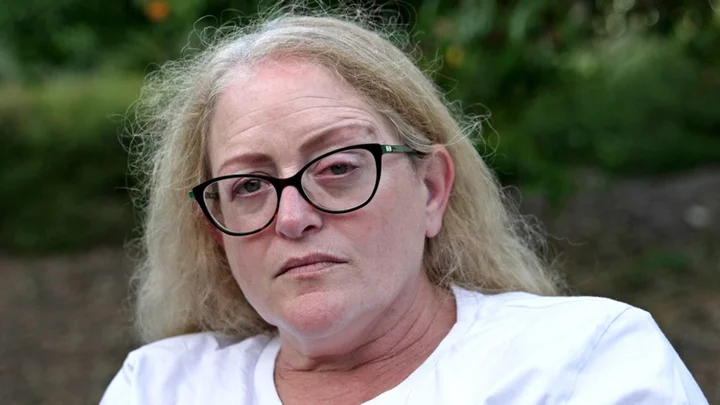
'Hamas said they wouldn’t shoot, then murdered my daughter’
A daughter killed and father abducted - and Hamas filmed the family's ordeal on Facebook live.
2023-10-24 00:25

Poland to hold parliamentary election on Oct. 15, launching campaign in shadow of war in region
Poland’s president has announced that the country will hold its parliamentary election on October 15
2023-08-08 23:45
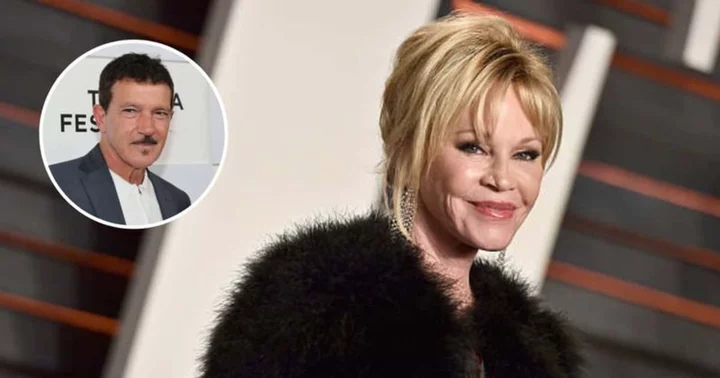
Who are Melanie Griffith's children? 'Lolita' star replaces tattoo of Antonio Banderas' name with new ink
Melanie Griffith seems to have a great relationship with all of her children and regularly posts about them on her social media
2023-07-11 16:16

Cruise’s Suspension Marks a Setback for GM CEO Barra’s Vision
A couple of hours after Chief Executive Officer Mary Barra finished telling Wall Street analysts that the Cruise
2023-10-28 23:19
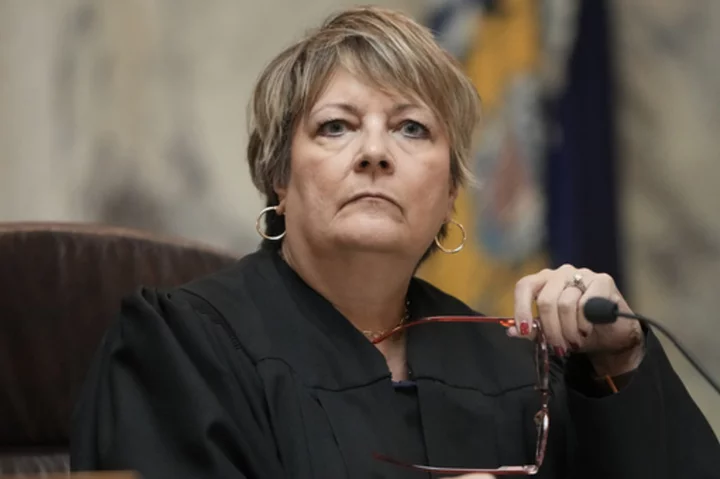
Judge dismisses liberal watchdog's claims that Wisconsin impeachment panel violated open meeting law
A judge has dismissed a liberal watchdog group's claims that a panel researching the possible impeachment of a Wisconsin Supreme Court justice violated open meeting laws
2023-11-29 09:17

Cowboys make stance on new Micah Parsons contract abundantly clear
The Cowboys spoke in circles around the details of Micah Parsons' future contract, but one thing is clear: he's getting that money.The Dallas Cowboys may not have many playoff wins to show for it, yet one could still say on paper they have one of the most talented rosters in the league...
2023-05-18 06:20

Svitolina rides wave of French Open support to reach quarter-finals
Elina Svitolina, playing her first Grand Slam since becoming a mother, reached the French Open quarter-finals for the...
2023-06-05 01:25

Chiefs rumors: More trades, Justyn Ross decision, no weather worries
The latest Chiefs news focuses on a potential snow game, Justyn Ross's place on the roster, and possible further WR trades.
2023-10-26 22:56

US agencies investigate close call between Southwest plane, Cessna
By David Shepardson (Reuters) -The U.S. Federal Aviation Administration (FAA) and National Transportation Safety Board said on Saturday they were
2023-08-13 10:59

Genoa bridge disaster: Risk of collapse 'was known for years'
A trial into the 2018 disaster hears the highway company knew in 201 there was a risk of collapse.
2023-05-23 20:49

Holly Willoughby and Alison Hammond smile awkwardly through NTA booing
The National Television Awards returned on Tuesday (5 September) for a night filled with the best of British TV. Attention soon turned to This Morning, which was dethroned after winning daytime, live magazine or topical magazine categories every year since 2011. The audience erupted into boos when the show was announced as hosts Holly Willoughby and Alison Hammond smiled on. It didn't take long for X/Twitter users to chime in with their (brutal) takes, with one writing: "It was amazing that the public showed This Morning how they felt and didn’t vote for them to win the best daytime show at the NTA’s this morning has run its course and should be scrapped." Another wrote: "Highlight of the Year - This Morning getting zilch." A third was delighted to not have to "endure Holly and Phil pretending to be drunk": Another wrote: "They lost to a programme named the Repair Shop. It’s so ironic it's hilarious." Willoughby later took to Instagram with a photo of herself with the show's host Jay Blades to congratulate his win. "To this gorgeous man @jaybladesmbe and the whole team at the @therepairshoptv … Hugest Congratulations!!! And what a night for the incredible Sarah Lancashire… @joeldommett thank you for a great night… See you in the morning," she wrote. On Wednesday's episode of This Morning, Willoughby sent her congratulations to the winners. She said: "A huge congratulations to The Repair Shop, well done you. Jay Blades, just like a special squeeze and lots of love to him. "He ran over to us, gave us all a big cuddle which I just thought was just class and gorgeous. I actually didn’t want to let go. Good hugs Jay Blades." Sign up for our free Indy100 weekly newsletter Have your say in our news democracy. Click the upvote icon at the top of the page to help raise this article through the indy100 rankings.
2023-09-06 19:46
You Might Like...
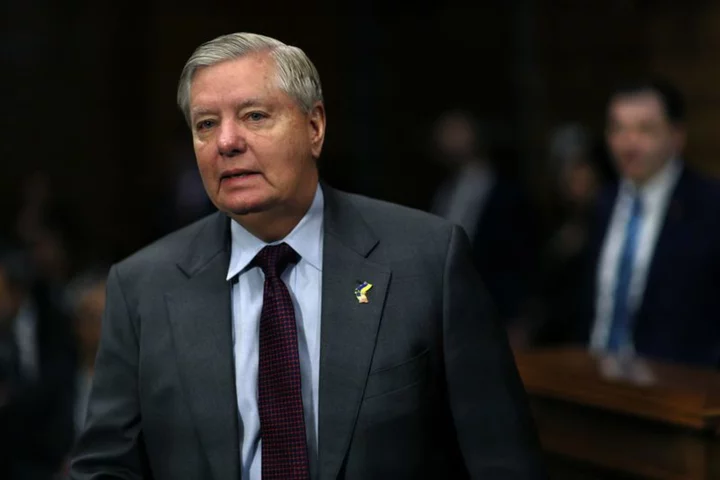
U.S. senators announce subpoenas to Discord, Snap, X CEOs on child sexual exploitation

Federal judge rules that AI art can't be copyrighted
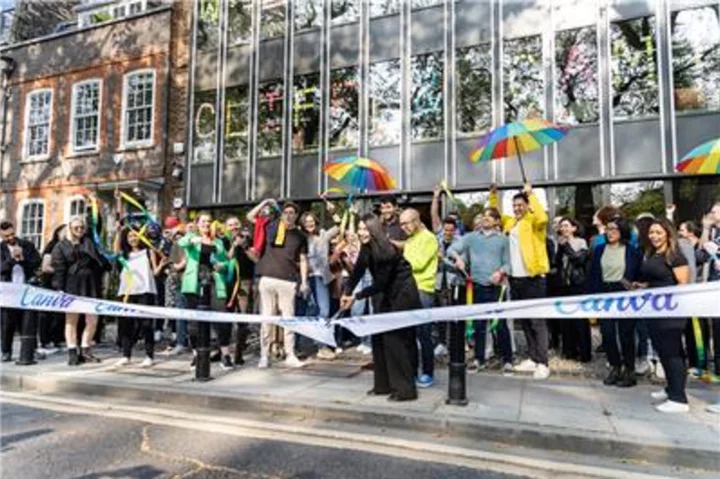
Canva Celebrates 10 Years of Empowering the World to Design

At UN, Zelensky set for first in-person Russia showdown of war

Hamlin shines for the Bills in return while Richardson is shaky for the Colts in his preseason debut

Emma Stone had to be 'free' while shooting sex scenes in Poor Things

Local News Reporter Immediately Regrets Sampling South Carolina State Fair Food During Live Broadcast

Liverpool, West Ham remain perfect in Europa League, newcomer Brighton picks up first point
